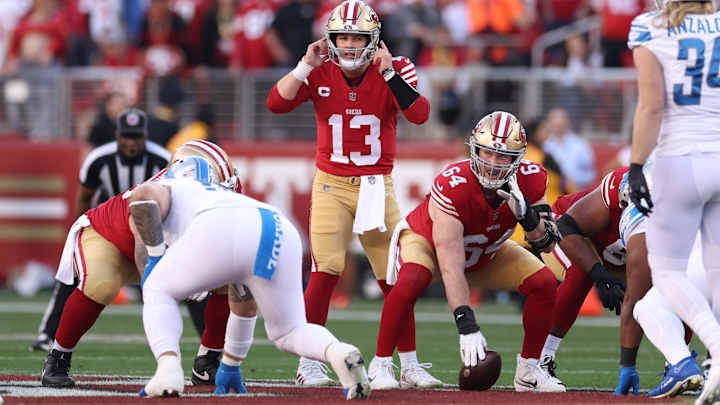Cole Palmer was sold by Manchester City to Chelsea on Deadline Day for £42.5 million, demonstrating the power of the Premier League champions.
Cole Palmer has played eight hours of Premier League football in the three years since he made his senior debut.
But on Friday, he was officially a footballer worth £42,050,00.
Palmer’s acquisition is somewhat peculiar even by Chelsea’s and the Premier League’s standards.
In the first place, Chelsea has signed a player who was essentially unnecessary at the Etihad even though it is assumed that they see themselves as direct rivals of Manchester City.
In addition to signing a City reserve player, they also paid a FORTY MILLION POUND initial signing bonus.
They spent FORTY MILLION POUNDS on a City reserve player who has only contributed one assist to the Premier League and has yet to score a single goal in the competition. He has 182 minutes of Champions League experience, one goal, and no assists.
In 233 minutes of FA Cup play, he has two goals and two assists to his credit.
In 392 minutes of Carabao Cup play, he has made six goals and one assist.
Palmer, a 21-year-old forward, was acquired by Chelsea for obvious potential rather than on the basis of his statistics, of course.
Many at the Etihad have long viewed Palmer as someone who could follow Phil Foden in cementing his place in the first team reckoning.
Palmer was a key member of the England team that won the under-21 Euros in the summer.
Palmer’s sale, however, perfectly captures City’s and Pep Guardiola’s perspective on the value of developing young players for the first team.
The mindset that the vast majority of elite clubs now hold is that while developing players for the first team is important, it is not essential.
On Deadline Day, Manchester City agreed to pay Chelsea £42.5 million for Cole Palmer.
City, as well as Chelsea and many others, invest a significant amount of money in their academy system, but they recoup a large portion of that investment by selling players from that system.
Since all revenues are viewed as profit, those players support Financial Fair Play because they are homegrown.
Palmer, a Wythenshawe native and lifelong club supporter, earned City a respectable profit on him.
His move to Chelsea is already a life-changing event, and you can completely understand his reasons for doing so.
He has a seven-year contract at Stamford Bridge.
Along with the significant financial repercussions, he would have observed City sign players like Jeremy Doku and Matheus Nunes and understood that opportunities would not become any more plentiful any time soon.
After City signed Jeremy Doku and Matheus Nunes, Palmer dropped in the hierarchy.
However, Palmer’s transfer to Chelsea was arguably the most peculiar of all the noteworthy moves made during this exceptional transfer window. And evidence that developing players in your youth systems is about more than just laying the groundwork for future teams; it’s also about opening up a successful sales channel.
It also illustrates how dominant City is. Palmer is a talent of a generation, but City was happy to sell him to a team that ought to be a direct competitor. And that tells you a great deal, too.
For more updates, we are at your service all day long and all night long.



